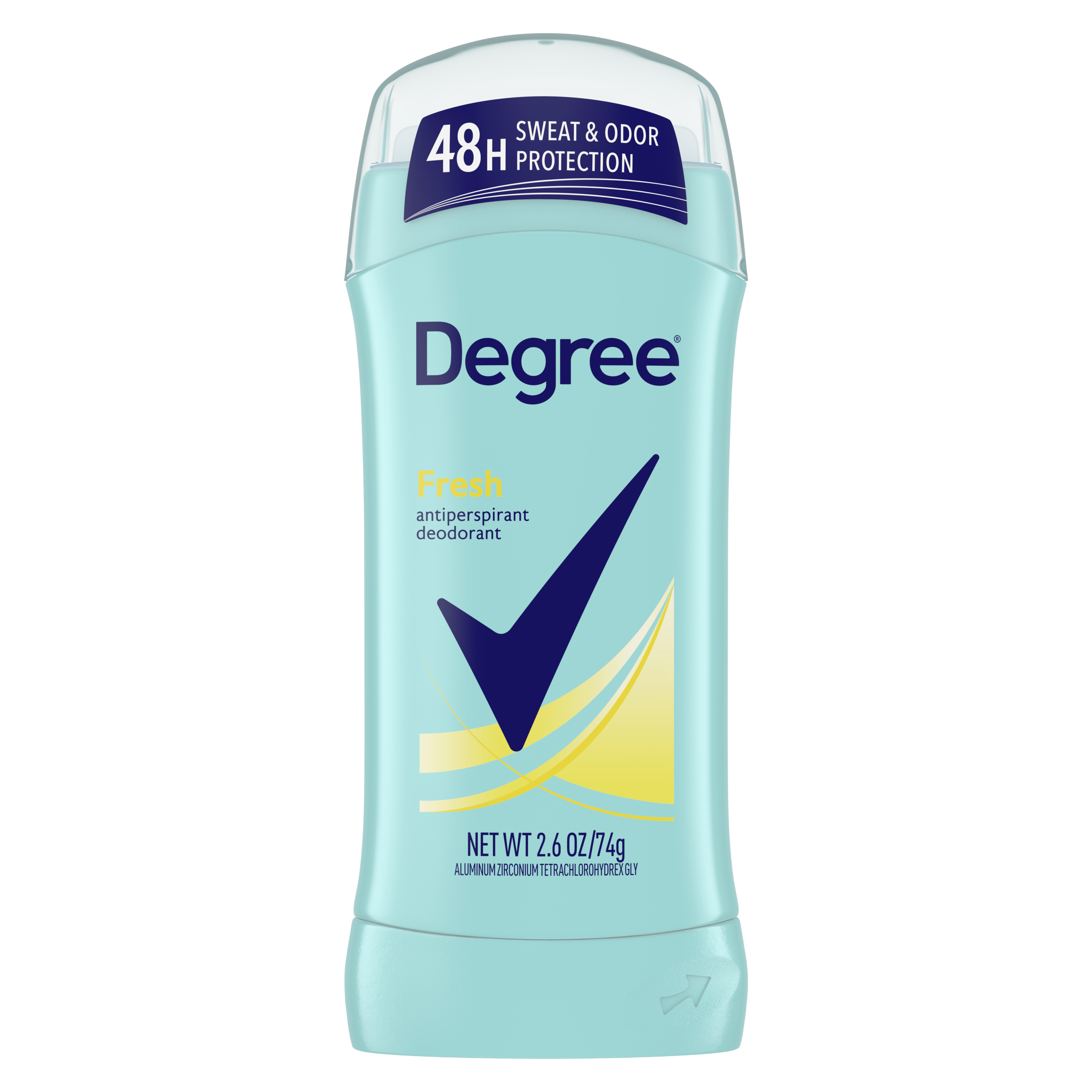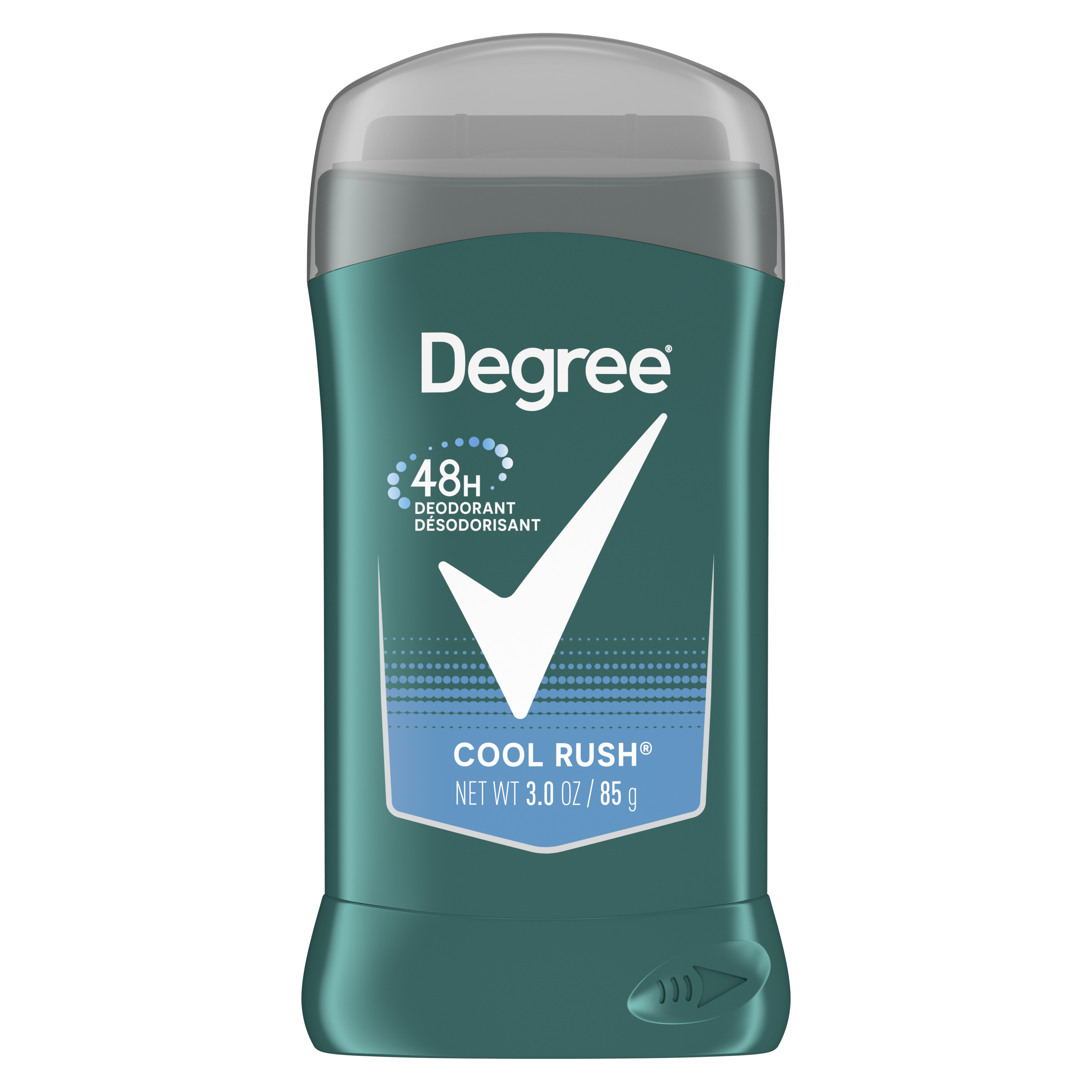WHY IS SWEAT SALTY? YOUR QUESTIONS ANSWERED
Have you ever wiped your brow after an intense workout and noticed the distinct taste of the ocean on your lips? That's right, we're talking about the mystery behind why sweat is so salty.
Sweat, your body's natural air-conditioning system, is a combination of water, minerals, and electrolytes. The star of this salty show is sodium, a key player in your body's fluid balance and nerve function.
But why the saltiness? Factors like diet, exercise intensity, and even genetics can turn the salt dial up or down. And while a salty sheen might just be a sign of a good workout, it can also be an indication of your overall health.
THE COMPONENTS OF SWEAT
Sweat is a mix of water, sodium, proteins, urea, and ammonia. Sodium helps regulate fluid balance, while proteins, urea, and ammonia are waste products that the body needs to expel. This blend ensures that sweat plays a crucial role in cooling you down and maintaining homeostasis.
SALTY SWEAT: GOOD OR BAD?
Salty sweat isn't inherently good or bad. However, if you're consistently finding white streaks on your skin or clothes post-exercise, it might be worth taking a closer look at your water intake and diet. Salty sweat can sometimes signal dehydration or a high-sodium diet.
THE IMPACT OF A HIGH-SODIUM DIET
A high-sodium diet can increase the saltiness of your sweat. When you consume a high amount of sodium it leads to the excess being expelled through your sweat glands, contributing to that salty taste. What’s more, high sodium intake can strain your kidneys, increase blood pressure, and elevate the risk of heart disease.
KEEP YOUR FLUIDS UP
Stay hydrated to keep your salt levels balanced and your sweat less salty. Drink plenty of water, eat water-rich fruits and vegetables (like watermelon, cucumber and tomatoes), and avoid excessive caffeine and alcohol to help maintain optimal hydration.
Electrolyte drinks can also be beneficial, especially after intense workouts, to replenish lost minerals.

WHY DOES SWEAT SMELL?
Sweat itself is mostly odorless; but when it mixes with bacteria on your skin, it can cause a distinctive odor. Components in sweat like proteins, urea, and ammonia are broken down by bacteria, leading to body odor. Effective antiperspirants and deodorants can help manage both perspiration and odor, to keep you fresh throughout the day.
DEODORANT: YOUR DEFENSE AGAINST SALTY SWEAT
When it comes to managing sweat—salty or not—we’ve got your back (and your underarms, and anywhere else). Deodorants and antiperspirants are must-haves for those sweaty situations. Deodorants tackle body odor adding a pleasant scent, while antiperspirants help by temporarily blocking sweat glands to reduce the amount of sweat on your skin.
When it comes to managing sweat—salty or not—we’ve got your back (and your underarms, and anywhere else).
SALTY SWEAT FAQS
1. Q: Is salty sweat smellier than normal sweat?
A: Not necessarily. The saltiness of sweat doesn't directly impact its smell. Odor is primarily caused by bacteria breaking down proteins and other components in the sweat.
2. Q: What are the benefits of sweating?
A: Sweating helps regulate body temperature, remove toxins, and maintain skin health. It's a vital part of our body's cooling and detoxification processes.
3. Q: Why are tears and sweat both salty?
A: Both tears and sweat contain sodium chloride, which is essential for maintaining fluid balance in the body. This common component is what gives both tears and sweat their salty taste.
4. Q: Does the saltiness of my sweat directly corelate to my health?
A: While most salty sweat is nothing to worry about, sometimes it can be a sign of an underlying condition, like diabetes or cystic fibrosis. If you have any concerns, it is best to discuss these with your healthcare professional.
Sweat is a natural part of life, and its saltiness is a fascinating feature of our body's complex systems. Whether you're a salty sweater by nature or just on those extra vigorous gym days, stay hydrated, stay informed, and most importantly, stay confident in your movement.



